Research - In-depth Research Assistant
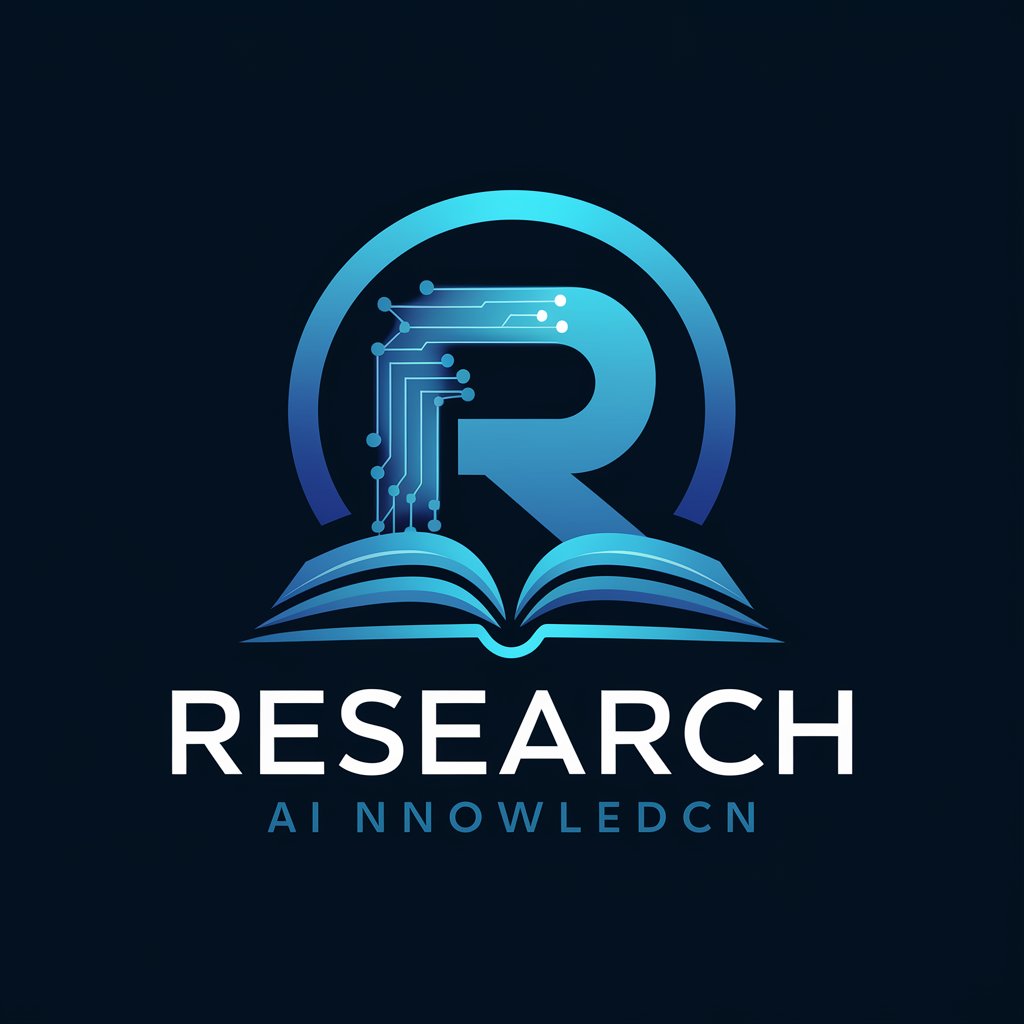
Hello! I'm here to assist with your research and information needs.
Empowering Research with AI
Explain the significance of...
Compare and contrast the impacts of...
Analyze the trends in...
Provide a detailed overview of...
Get Embed Code
Introduction to Research
Research is designed as an advanced AI model tailored to support and enhance research activities across a broad spectrum of disciplines. Its core functionality revolves around providing detailed, accurate information, sourcing data from a wide range of databases, and synthesizing this information into comprehensive, understandable responses. Unlike standard AI models that offer generalized responses, Research is optimized for depth, precision, and context relevance. It's equipped to handle complex queries, offering insights, analyses, and summaries that are both rich in content and tailored to the specific needs of users. For example, if a user inquires about the latest developments in renewable energy technologies, Research not only presents current findings but also contextualizes these developments within the broader energy sector, including implications, technological comparisons, and potential future trends. Powered by ChatGPT-4o。

Main Functions of Research
In-depth Information Retrieval
Example
Retrieving the most recent studies and analyses on climate change impacts on coastal cities.
Scenario
A policy maker is preparing a proposal for urban planning adjustments to mitigate climate change effects. Research can provide detailed reports, studies, and statistical analyses to support evidence-based policy development.
Comparative Analysis
Example
Comparing various COVID-19 vaccines in terms of efficacy, side effects, and distribution requirements.
Scenario
A public health official is designing a vaccination program. Research can analyze and summarize data from multiple clinical trials and public health studies to inform decision-making.
Trend Analysis and Future Forecasting
Example
Analyzing trends in cybersecurity threats over the past decade and forecasting future vulnerabilities.
Scenario
Cybersecurity experts planning to develop new security protocols can use Research to access detailed analyses of past cyber threats and predictive models for future risks, helping to shape more resilient security strategies.
Comprehensive Summaries
Example
Summarizing the key findings from the latest IPCC report on climate change.
Scenario
An environmental journalist seeks to write an article on the implications of the latest scientific findings on global warming. Research provides a detailed summary of the report, highlighting the most critical points for the general public.
Ideal Users of Research Services
Academics and Researchers
This group includes university professors, students, and independent researchers seeking detailed information for their academic papers, literature reviews, or to stay updated on the latest developments in their field. They benefit from Research's ability to dive deep into complex topics, providing comprehensive overviews, detailed analyses, and access to a wide range of academic sources.
Industry Professionals
Professionals in fields such as technology, healthcare, finance, and engineering, who need to keep abreast of the latest industry trends, research findings, and technological advancements. Research aids in decision-making, strategy development, and innovation by offering insights that are both current and deeply analytical.
Policy Makers and Government Officials
Individuals involved in policy development and public administration benefit from Research's capabilities in providing detailed reports, analyses, and summaries on various issues, aiding in the formulation of policies that are informed by the most current and comprehensive data available.
Journalists and Media Professionals
Journalists covering science, technology, health, and environmental beats use Research to obtain accurate, in-depth information for their articles. It helps them understand complex topics and present information to the public in a clear, accessible manner.

How to Use Research
1
Start your journey at yeschat.ai, where you can access a free trial instantly, with no need for a ChatGPT Plus subscription.
2
Identify your research question or topic to explore. Clearly defining your objective helps in obtaining precise and relevant information.
3
Utilize specific keywords or questions related to your topic when interacting with Research to ensure the accuracy and relevance of the information provided.
4
Review the provided information carefully. For complex queries, consider breaking them down into smaller, more manageable questions for more detailed responses.
5
Make use of the follow-up question feature to delve deeper into topics or clarify any uncertainties, ensuring a comprehensive understanding of the subject matter.
Try other advanced and practical GPTs
Health Research Assistant
Empowering Your Health Knowledge with AI
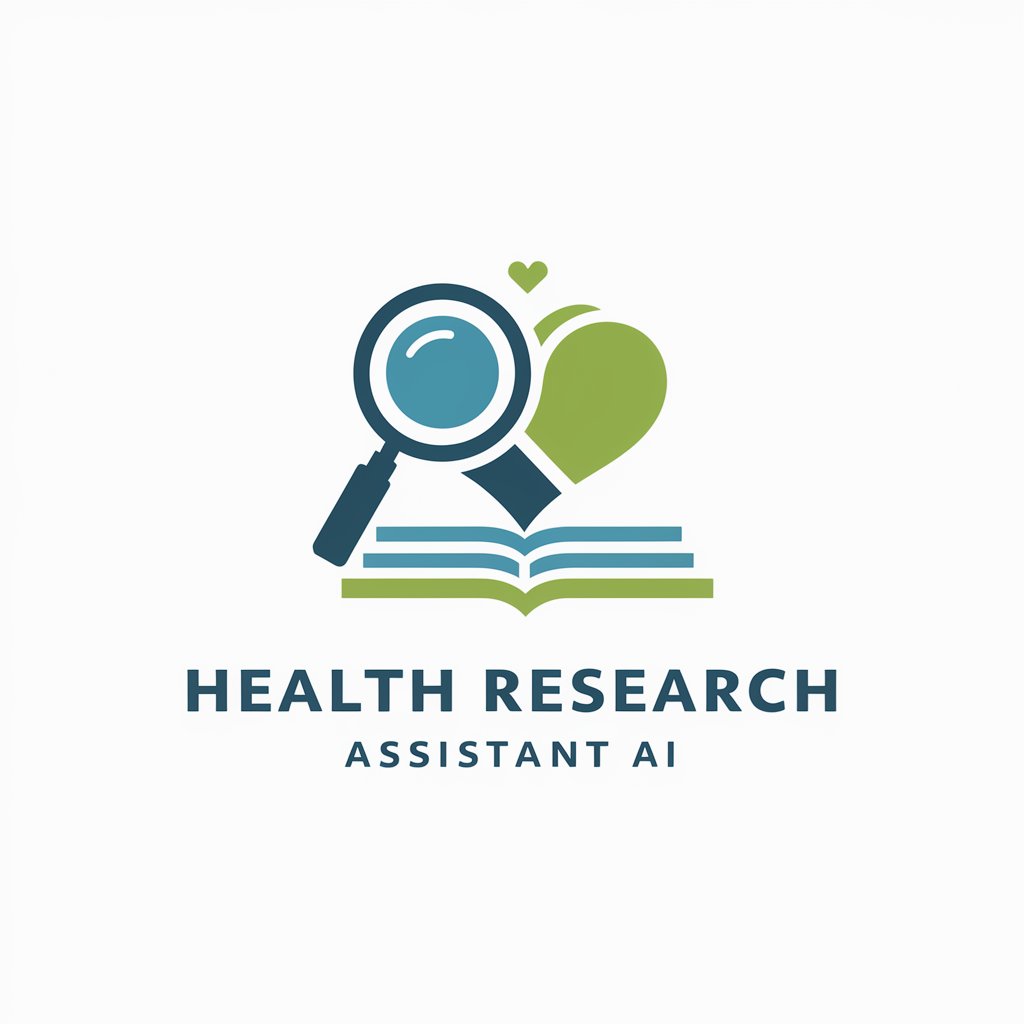
Financial Research Elite
Elevate Your Trading with AI

Hashtag Research Tool for Clients
Elevate Your Social Media with AI-Powered Hashtags
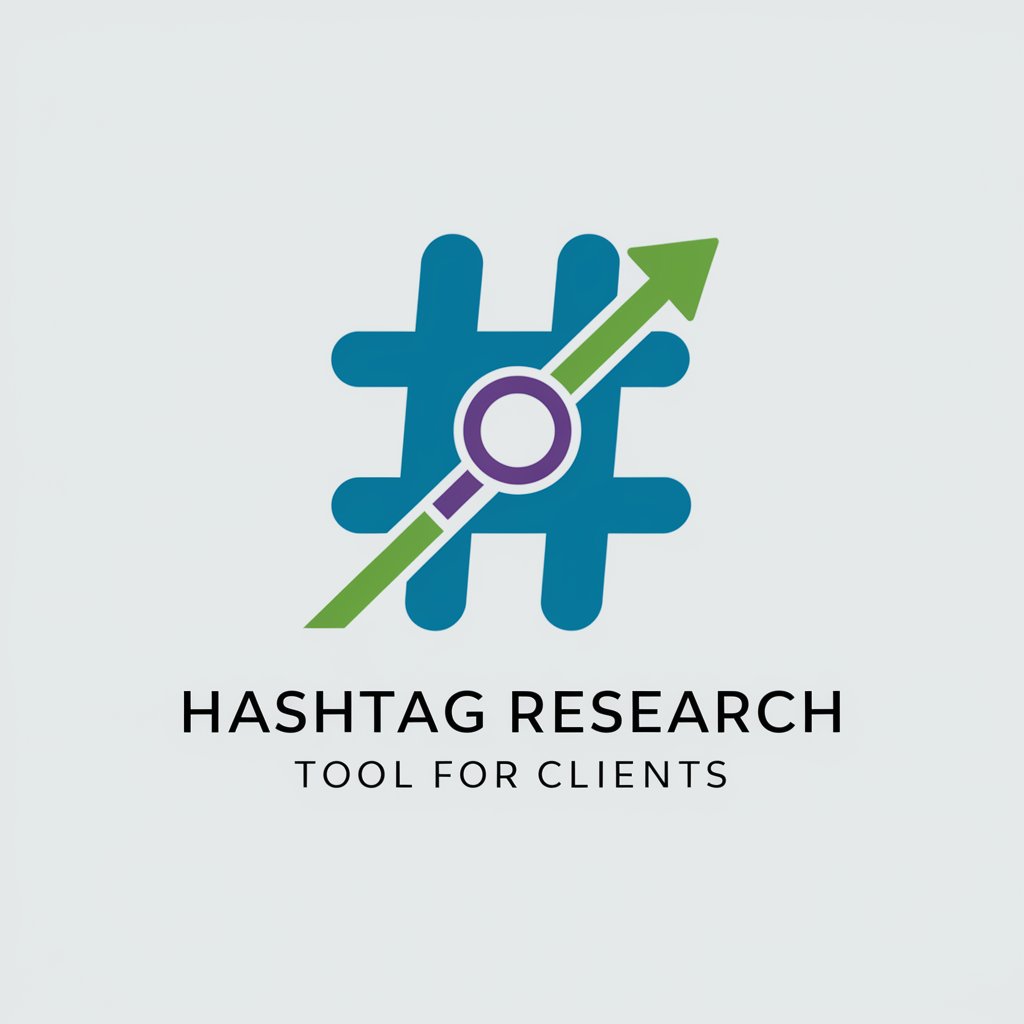
AI Research Guide
Empowering AI Insights with Precision
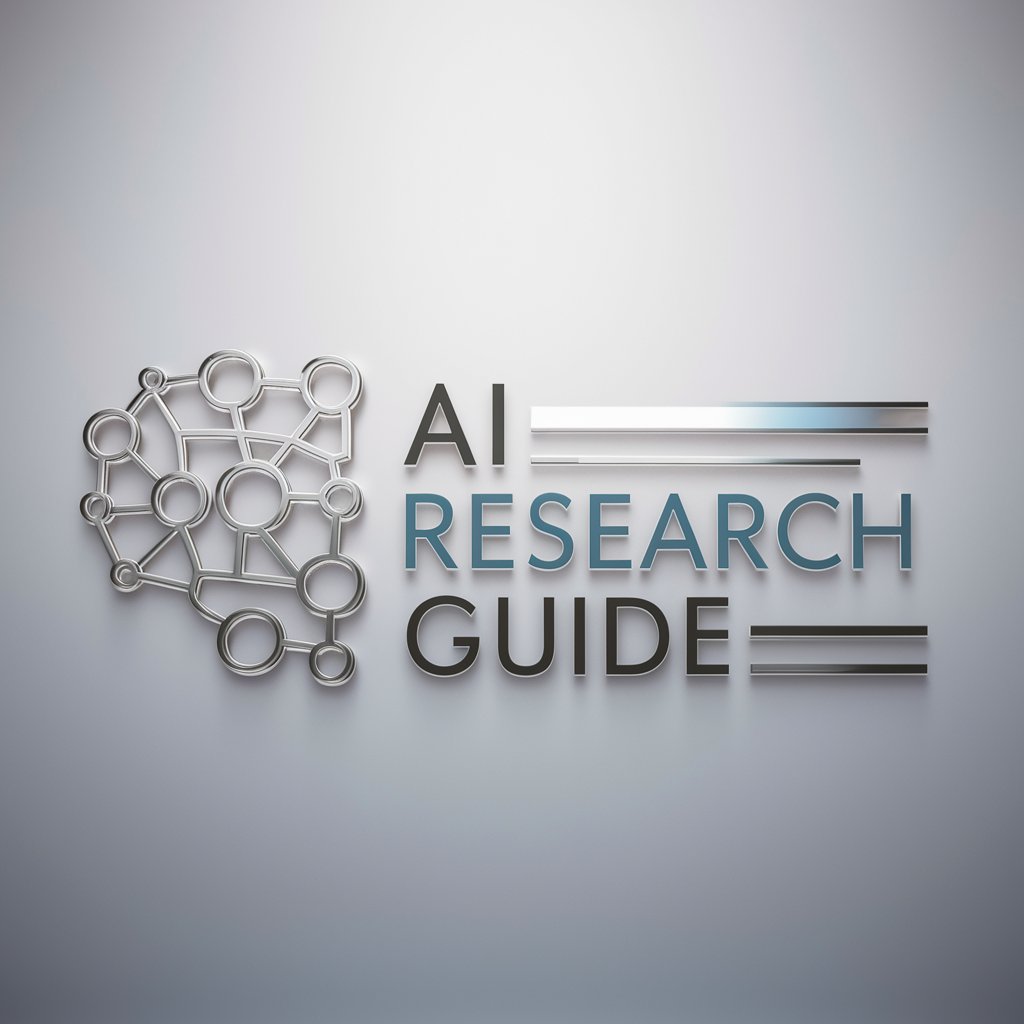
Market Research Maven
Unlock AI-Powered Market Insights

Visionary Artist - Yeezy v1
Empowering Creativity with AI

Health Research Assistant
Empowering Research with AI Insights
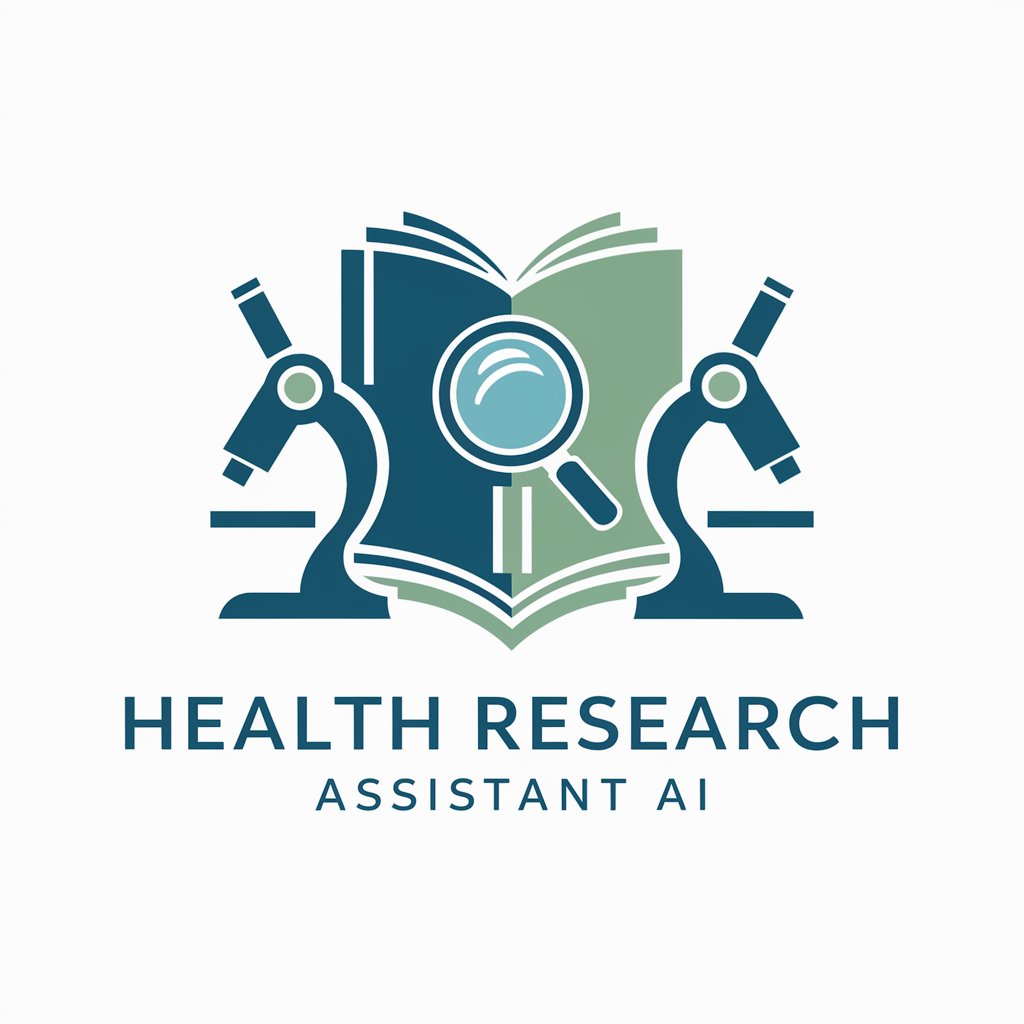
Meme Master
Crafting Laughter with AI

Randomancer
Unleash Creativity with AI-Driven Imagery

Meme Maker
Craft Memes Seamlessly with AI

Sci-Fi Visionary
Unleash your sci-fi imagination.

GIF Maker
Animating your ideas, powered by AI

Frequently Asked Questions about Research
What makes Research different from other AI tools?
Research is uniquely designed to provide in-depth, detailed responses to complex queries, making it ideal for academic, professional, and personal research needs.
Can Research assist with academic papers?
Yes, Research can provide comprehensive information, data analysis, and literature reviews, aiding in the development of well-informed academic papers.
How does Research handle data privacy?
Research is built with privacy in mind, ensuring user queries and information are handled with strict confidentiality and security measures.
Is Research suitable for industry-specific research?
Absolutely, Research is equipped to handle a wide range of industry-specific queries, from technology and science to humanities and arts.
Can Research help in learning new languages?
While Research is primarily focused on information retrieval and analysis, it can provide detailed explanations and resources for language learning as part of a broader research query.
